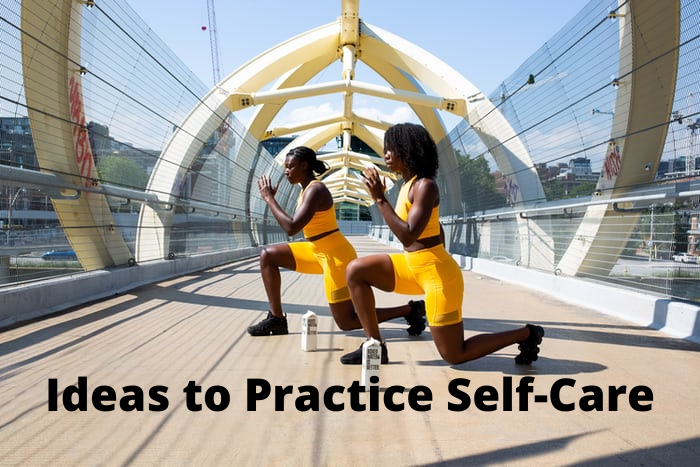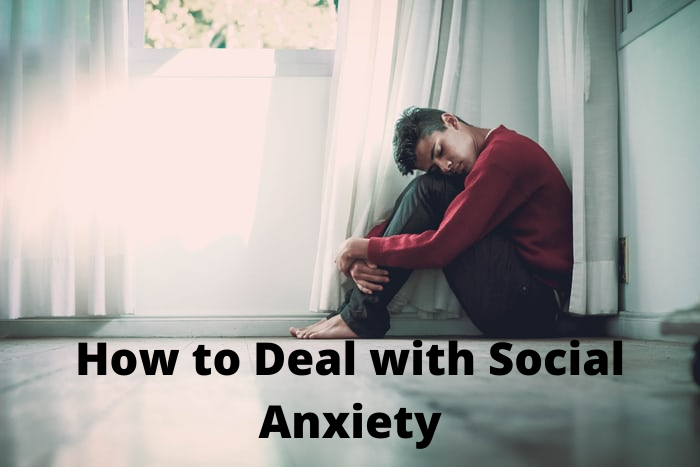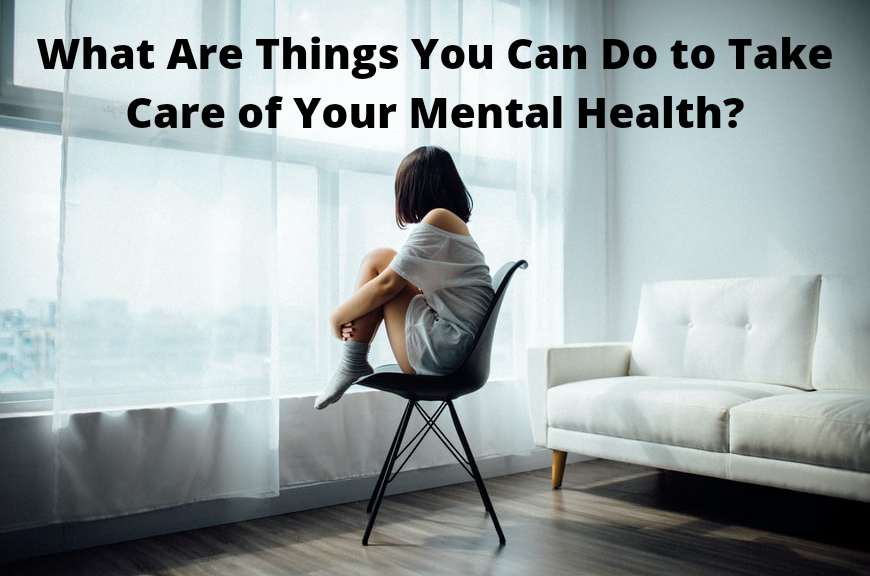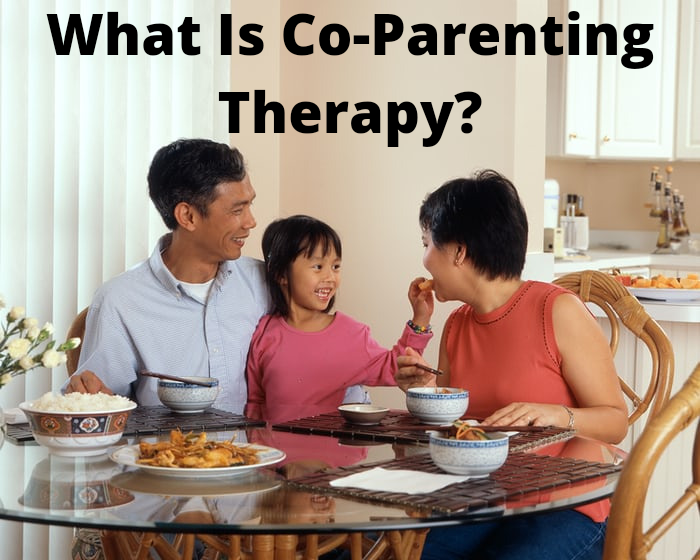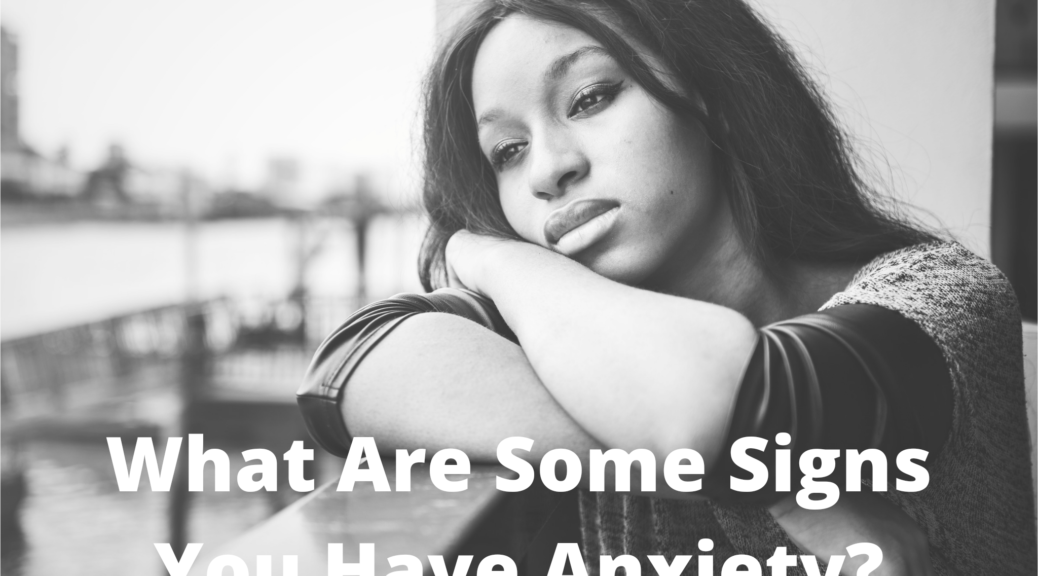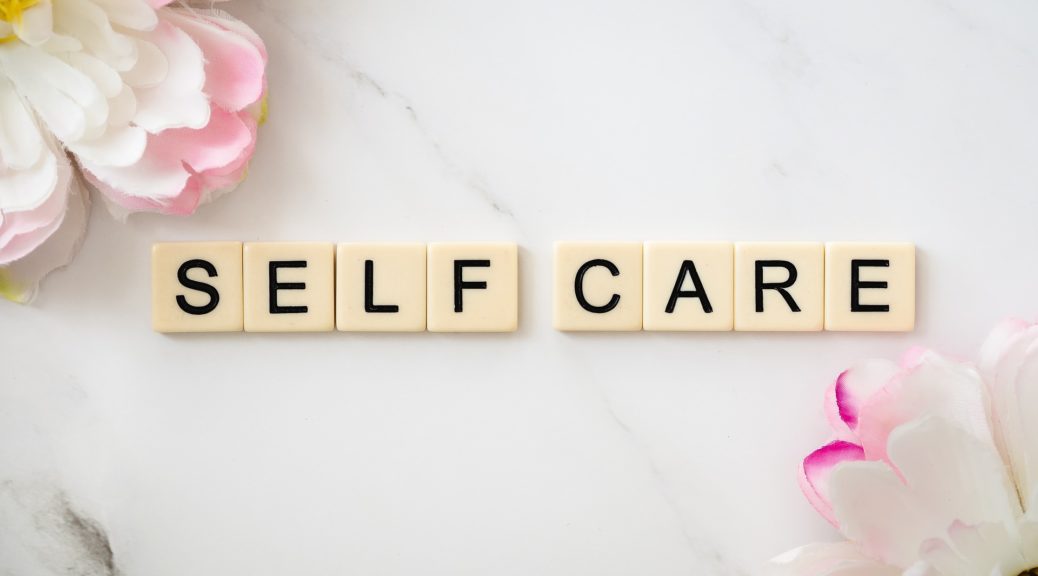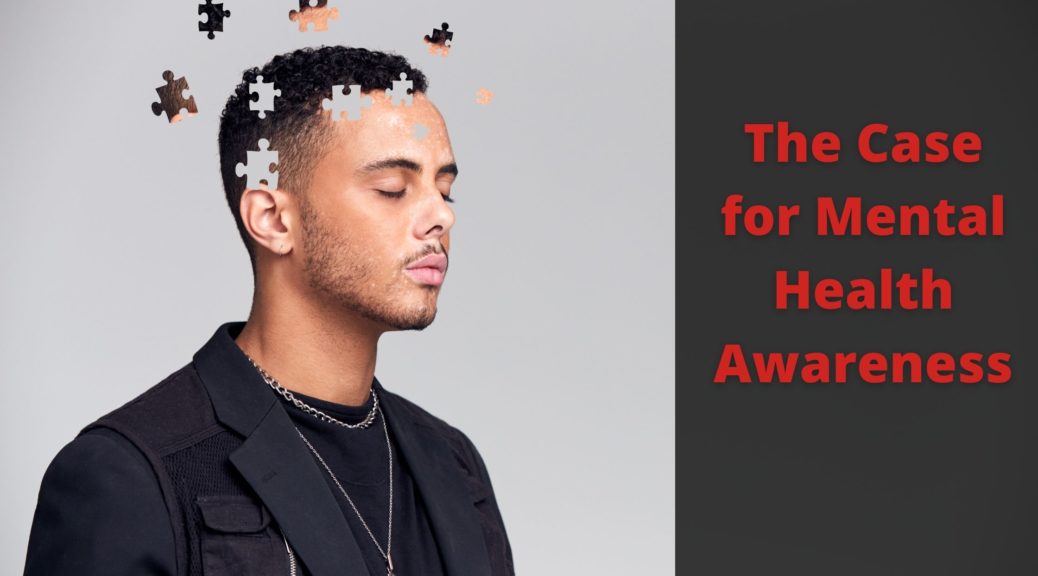Summer is a period of fun and it’s usually filled with great expectations, but such happiness can become short-lived if you remember that there are still some unmet expectations at the end of the summer, thereby giving rise to the summer blues.
The summer blues, also known as the summertime blues, are feelings of sadness and depression that usually occur during the last week of summer, especially when you realize you have failed to meet some goals you set for yourself during the summer.
In the last days of the summer, you may try to cram in everything from your list. Unfortunately, you miss out on them and become sad and depressed.
5 Tips on How to Deal with the Summer Blues
Here are five things you need to do if you need help with how to deal with the summer blues:
Reach out
Don’t isolate yourself, but reach out to family and friends. Don’t hesitate to share your problems with them. A problem shared is a problem halved, they say. Sharing your problems with your close ones will help you unburden your heart and strengthen your bonds with them. Otherwise, you may harm yourself or your relationship with others if you refuse to talk to anyone.
Sleep Well
Don’t worry much about the things you failed to do during the summer. Instead, try to get enough sleep to help calm your nerves. If you can, use diffusers and gentle alarm clocks to help you sleep better. Remember to turn off your gadgets at least one hour before going to bed to avoid distraction. Always strive to get enough sleep because it’ll improve your mental health.
Exercise
Exercising will also help you deal with the summer blues. Apart from making you healthier and stronger, exercise can improve your mental health. It can make you feel happy, especially when you feel depressed. This is because exercising releases endorphins to activate happiness in your brain.
Learn Something New
Learn something new instead of crying over spilt milk and ruminating over missed opportunities. Today, you can take virtually any course online. Take that advantage and join various online classes. You can learn French, guitar, yoga, and a whole lot of other skills online. This will not only engage you and take your mind off your present situation, but it’ll also help you to upskill and improve yourself.
Take Care of Your Mental Health
It’s surprising how many people neglect their mental health to their own detriment. Always take care of your mental health to avoid any untoward consequences. If you have been feeling unmotivated throughout the day to get out of bed or go to work, do something. Take some time off and try to evaluate yourself, or book an appointment with a therapist if you can.
Even if you’re unable to achieve all your genuine heart’s desires during the summer, remember that summers never end. You’ll even enjoy the next summer more than the last one, if only you’re alive to witness it. However, don’t forget to reach out to others, sleep well, exercise, learn something new, and take good care of your mental health if you have been hit lately by the summer blues because you feel sad and depressed over unmet expectations at the end of the summer.
How CCHC Can Help
Have you been hit lately by the summer blues? The Center for Connection, Healing, and Change is always ready to help.
The Center for Connection, Healing, and Change offers a deeper dive into your relationship with anxiety and how it plays out in your life, utilizing evidence-based therapy models and offering a tried-and-tested approach to treating anxiety.
Schedule a free consultation with us today, or visit our offices in Woodbridge or Fairfax if you’re in Virginia.





